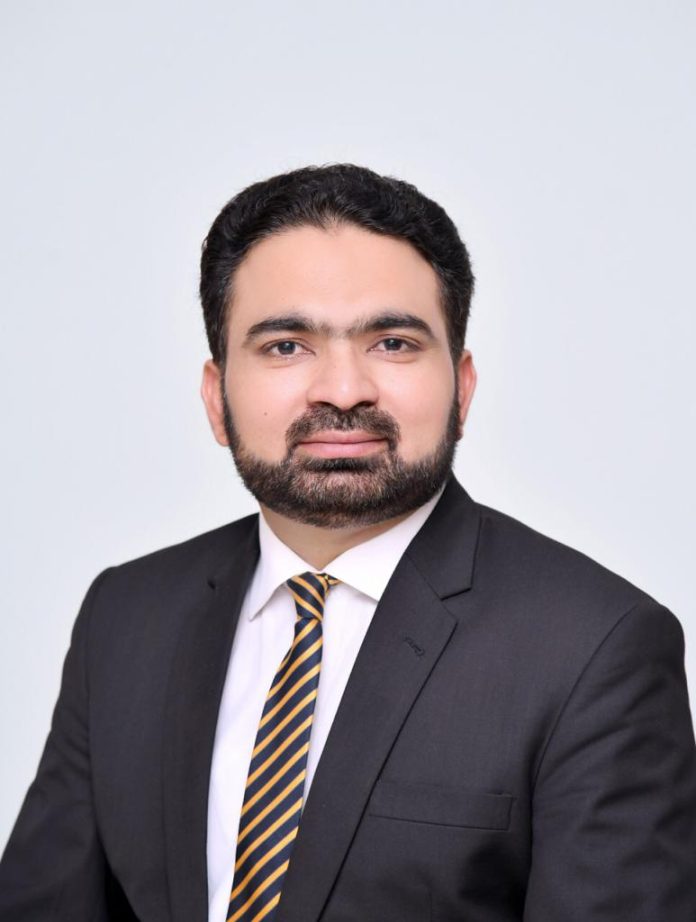Abdul Rashid Shakir
How to speed up the implementation of 17 Sustainable Development Goals (SDGs), outlined in the UN Agenda 2030; how to come up with transformative solutions to renewable energy, food security, and digital connectivity in the post-COVID world; and how to ensure rights of minorities, enshrined in the UN Declaration on Minority Rights 1992 – are the three major asks of United Nations General Assembly’s 77th Session (UNGA77), scheduled from 13 to 27 September.
Catastrophic weather patterns due to climate change; poor water management owing to non-availability of sufficient water storage infrastructure; food insecurity caused by shrinking arable land as a result of sprawling housing societies and low per acre yield for want of genetically modified seeds and innovative on-farm practices; unsustainable energy mix because of excessive use of imported fossil fuels for power generation; growing unemployment resulting from the widening mismatch in population growth and employment opportunities due to the low rate of industrialization in developing countries like Pakistan are major challenges plaguing their economies.
This precarious condition is further exacerbated by political instability; lack of effective planning; discontinuation of economic policies; institutional weaknesses and lack of inter-departmental coordination; pilferage of valuable natural resources and above all misplaced priorities in carrying out development projects that have proved counter-productive instead of yielding socio-economic dividends.
Heavy reliance on imports due to lack of import substitution in the local market; and the struggling export sector resulting from low productivity and poor competitiveness due to lack of cutting-edge technologies and insufficient supply of rightly-skilled manpower further compound the woes of developing states.
Poor road and communication infrastructure, unskilled or semi-skilled manpower, focus on brick and mortar hardware instead of service delivery and a serious lack of national development narrative further add to the miseries of all developing nations. It is a pity thatmisgovernance is incentivized in almost all developing countries, as the performance of their public officials is gauged based on their interpersonal skills instead of success in implementing Key Performance Indicators (KPIs).
These challenges resonate with the United Nations Agenda 2030, as its Sustainable Development Goals (SDGs) aim to fight these very ills in communities of the world. It is, no doubt, an ambitious transformational plan that focuses on eliminating extreme poverty, reducing inequalities, and resisting climate change to make earth a better place to live. Its Implementation can guarantee a peaceful, prosperous and progressive world order. Therefore, UNGA77 plans to have a dedicated debate on how to accelerate their accomplishment in its key events namely, “SDG Moment”, on 19 September, and “Global Goals Weak”, from 16 to 25 September.
In the wake of historic climate change-induced floods that have wreaked havoc in Pakistan this summer, SDG 13 (Climate Action) has gained even greater prominence, especially for the developing countries that are bearing the brunt of unscrupulous carbon emissions by the highly-industrialized nations. It is high time to “Take urgent action to combat climate change and its impact”.
In the post-COVID world, it has become a new normal that all world systems need a massive realignment to be relevant to social needs. Work in Virtual environments and remote settings have found inroads into almost every sphere of human interaction, be it education, commerce, or service delivery. UN Deputy Secretary-General, Amina Mohammad, rightly said that transitions in renewable energy, food systems, and digital connectivity along with investments in human capital and financing the opportunities are needed in order to turn multiple crises into opportunities.
The theme of the general debate of the UNGA77, “A Watershed Moment: Transformative Solutions to Interlocking Challenges,” also highlights the need for this very shift in our day to day life.
The education system is, no doubt, the most crucial system that has a substantial bearing on the effectiveness of all other systems like health, governance, and service delivery. Realizing its pivotal role, the proceedings of the 77th session of UNGA feature a dedicated event namely, “Transforming Education Summit.” it is a three-day Summit scheduled to take place on 16, 17 and 19 September, immediately before the start of the High-Level Debate Week of the UNGA on 20 September. It will not only highlight the concerns of young people over their education but would also urge the world leaders, civil society activists, and all other stakeholders of the education system like parents, teachers, and students to support the transformation of the education system in order to align it with the ideas of life-long learning, digital learning and learning for life skills.
It is noteworthy that an inclusive growth model is needed to guarantee equal opportunities for all segments of society, regardless of their caste, color, creed, and religious or political ideas. It has been aptly enshrined in the UN Declaration on Minority Rights, 1992. To highlight the implementation of these rights in different societies of the world in order to have a friction-free robust socio-economic development model, UNGA77 has a special event on “The rights of Minorities”. Scheduled on 21 September, it will take stock of unprecedented constraints being faced by Minorities in different parts of the world and set priorities for the future to effectively address this issue.
*****

















